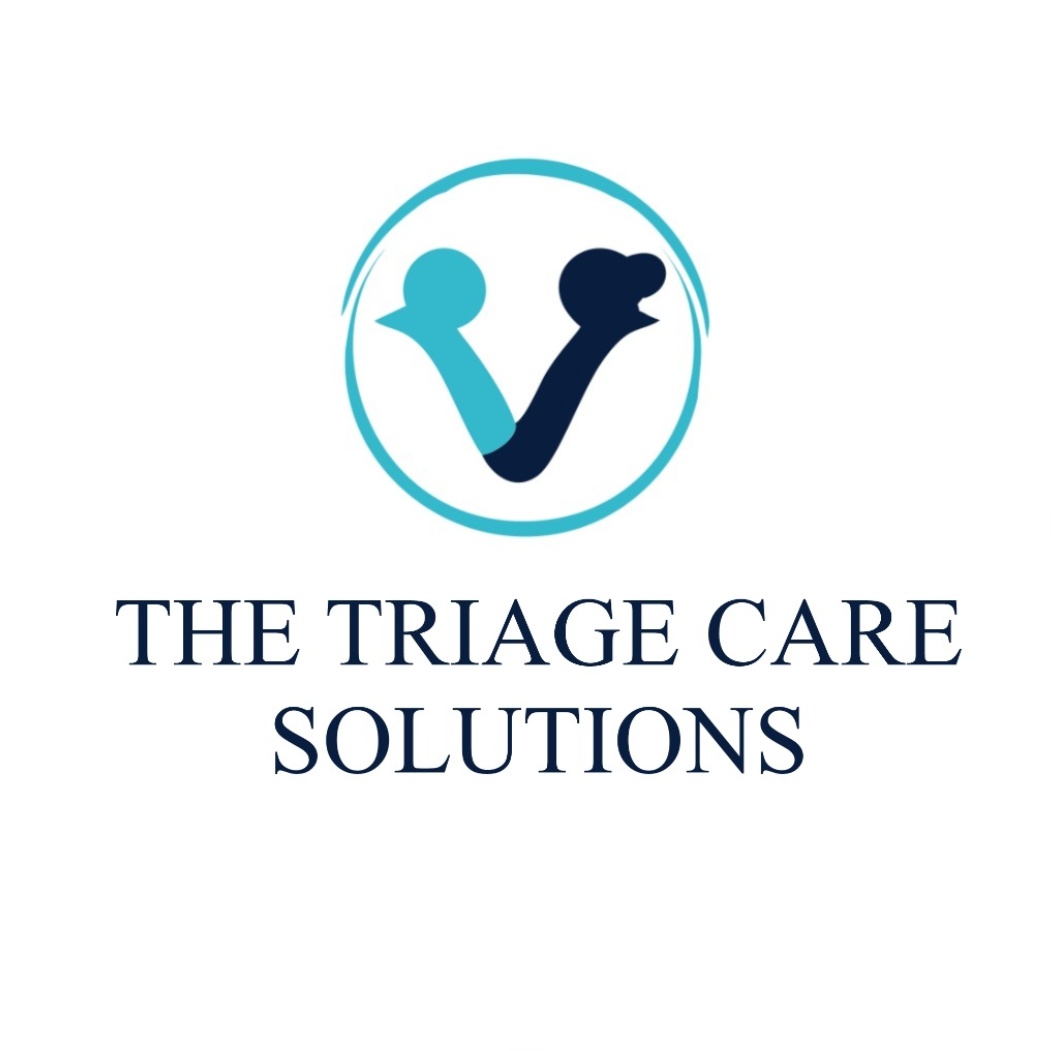Recruitment is a critical function for organizations seeking to build and sustain a dynamic and skilled workforce. However, this process is not without its challenges, and businesses must navigate a complex terrain to identify, attract, and retain top talent. In this article, we will explore some of the key challenges faced by recruiters today and discuss strategies for overcoming them.
- Talent Shortages:
One of the foremost challenges in recruitment is the persistent shortage of qualified candidates, particularly in specialized industries. The demand for specific skills often exceeds the available talent pool, leading to intense competition among employers. To address this, recruiters must actively engage in talent pipelines, cultivate relationships with educational institutions, and consider upskilling or reskilling existing employees.
- Competition for Talent:
In today’s competitive job market, organizations are vying for the attention of the same skilled individuals. To stand out, companies must focus on building a strong employer brand. This involves showcasing a positive workplace culture, emphasizing professional development opportunities, and offering competitive compensation packages. A compelling employer brand can attract top talent and differentiate a company from its competitors.
A compelling employer brand can attract top talent and differentiate a company from its competitors.
The Triage Care Solutions
- Time-Consuming Process:
The recruitment process can be lengthy, leading to delays in filling critical positions. Streamlining the process through the use of technology, and a recruitment agency, can significantly reduce the time spent on administrative tasks. Additionally, establishing a well-defined and efficient recruitment workflow can help expedite the process without compromising the quality of candidate selection.
- Cost of Recruitment:
Recruiting is not only time-consuming but can also be expensive. Companies often incur costs related to job postings, advertising, and agency fees. To optimize recruitment budgets, organizations should explore cost-effective alternatives, and well streamlined process for targeted recruitment advertising and leveraging internal employee referral programs.
- Diversity and Inclusion:
Achieving diversity in the workplace is an ongoing challenge for recruiters. Unconscious biases, limited candidate pools, and systemic barriers can hinder efforts to build a diverse workforce. To address this, organizations must actively promote diversity and inclusion initiatives, implement blind recruitment practices, and foster an inclusive company culture to attract a broad range of candidates.
- Technological Changes:
Rapid technological advancements create skill gaps, making it challenging for recruiters to find candidates with the latest and most relevant skills. To address this, companies should invest in ongoing training programs, collaborate with educational institutions, and stay informed about emerging trends in their respective industries.
Conclusion: Navigating the challenges in recruitment requires a strategic and adaptable approach. By actively addressing talent shortages, building a compelling employer brand, streamlining processes, managing costs, promoting diversity, and staying abreast of technological changes, organizations can enhance their recruitment efforts and secure the best possible talent for their teams. In an ever-evolving job market, the ability to overcome these challenges will be a key factor in achieving long-term success in talent acquisition.









